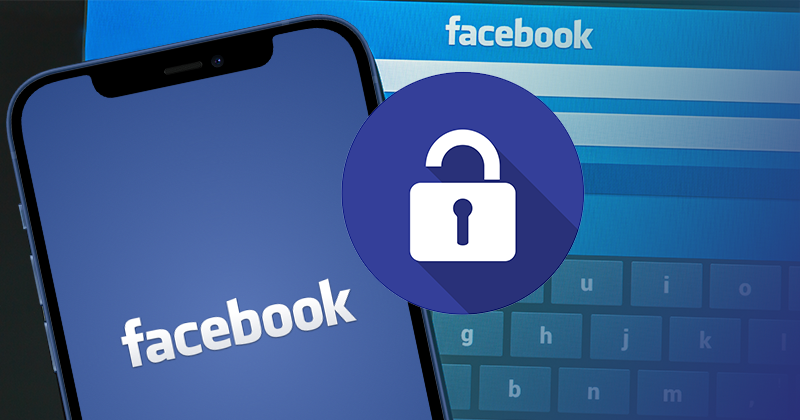With billions of users worldwide, Facebook has become a central hub for social networking, communication, and sharing. However, with this widespread use comes the risk of security threats and privacy breaches. In this guide, we’ll explore essential tips and practices to help you secure your Facebook account and protect your privacy online.
Use a Strong Password
Create a Unique Password:
Choose a strong, unique password for your Facebook account that includes a combination of letters, numbers, and special characters. Avoid using easily guessable passwords like “123456” or “password,” and consider using a password manager to generate and store complex passwords securely.
Enable Two-Factor Authentication
Add an Extra Layer of Security:
Enable two-factor authentication (2FA) on your Facebook account to add an extra layer of protection. With 2FA enabled, you’ll need to enter a code sent to your mobile device or generated by an authentication app in addition to your password when logging in from an unrecognized device or location.
Review Privacy Settings Regularly
Manage Your Privacy:
Regularly review and update your privacy settings on Facebook to control who can see your posts, friend requests, and personal information. Customize your privacy settings to suit your comfort level and limit the visibility of your profile to only friends or specific groups.

Be Cautious with Third-Party Apps
Limit App Permissions:
Be cautious when granting permissions to third-party apps that request access to your Facebook account. Only authorize apps from trusted developers and review the permissions they request carefully. Remove any unnecessary or unused apps from your account to reduce the risk of unauthorized access.
Recognize Phishing Attempts
Stay Vigilant:
Be wary of phishing attempts and suspicious links sent to you via email, messages, or posts on Facebook. Avoid clicking on links from unknown sources or providing sensitive information to unfamiliar websites. Facebook will never ask you to provide your password or financial information via email or messages.
Keep Your Account Up to Date
Stay Informed:
Regularly update your Facebook app and web browser to the latest version to ensure you have the latest security patches and features. Facebook frequently releases updates to address security vulnerabilities and improve user safety, so keeping your software up to date is essential.
Use Secure Connections
Encrypt Your Data:
When accessing Facebook from public Wi-Fi networks or shared devices, ensure you use a secure connection by enabling HTTPS encryption. HTTPS encrypts data transmitted between your device and Facebook’s servers, protecting your information from interception by third parties.
Limit Public Profile Information
Control Your Public Presence:
Consider limiting the amount of personal information you share on your public Facebook profile. Avoid posting sensitive details such as your full birthdate, home address, or phone number, as this information can be exploited by malicious individuals for identity theft or other fraudulent activities.
Use Facebook Security Checkup
Utilize Built-in Tools:
Take advantage of Facebook’s Security Checkup feature, which guides you through a series of steps to review and enhance the security of your account. Security Checkup helps you review your login alerts, active sessions, and other security settings to ensure your account is protected against potential threats.
Conclusion
By following these essential tips and practices, you can strengthen the security of your Facebook account and protect your privacy online. Remember to use strong passwords and exercise caution when interacting with third-party apps and links. By taking proactive steps to secure your account, you can enjoy the benefits of social networking on Facebook. This is while minimizing the risks of unauthorized access and privacy breaches.

